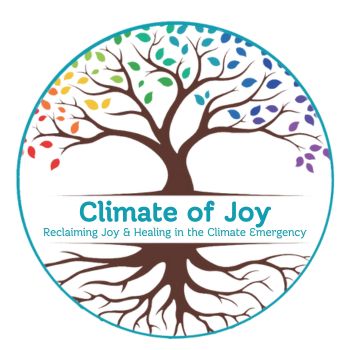The following video was created by Hope Mennonite Church in response to the challenge of climate change, and in solidarity with the people around the globe who are already experiencing the devastating effects of climate injustice. Here’s what their YouTube posting says:
The crazy folks at Hope Mennonite Church (in Winnipeg Canada) believe God wants us all to take care of the earth. And they want to show you 350 Bible references to “prove” it!
Enjoy the video, which was directed and produced by Curtis Wiebe. Curt also wrote and performed the music. In the interests of full disclosure, I should admit I had a part in organizing the event.

6 responses to “Message of Hope – 350 Reasons To Care For God’s Creation”
Hi Christine!
I watched the video from the link on Kate’s facebook page today. I loved everything about it… true community in action participating together for something you’re passionate about.
You not only had a part in organizing it – you’re one of the stars! Very cool. Liked the music, too!
Starring some of my favorite people! Showing how deadly serious issues can be dealt with in Fun. Wilmer
Found this through Brian McLaren’s website. Seems to me that almost, if not all of the Scripture used, is taken totally out of context in order to justify a focus on man’s supposed power instead of God’s righteous judgment. Particularly the New Testament verses that miss the supremacy of Jesus Christ over creation and who will redeem us in spite of of the decaying earth. The Old Testament verses from the prophets are a warning that the desolation we see ought to lead to repentance because God’s judgment looms around the corner, not our arrogance in thinking man can cause weather cycles. These verses need to be left in context. God sends the rain, the wind, and earthquakes regardless of what we do. God is in control, not man. This is almost an attempt to dethrone God as the ruler of nature.
“Tell them this: ‘These gods, who did not make the heavens and the earth, will perish from the earth and from under the heavens.’ ”
But God made the earth by his power;
he founded the world by his wisdom
and stretched out the heavens by his understanding.
When he thunders, the waters in the heavens roar;
he makes clouds rise from the ends of the earth.
He sends lightning with the rain
and brings out the wind from his storehouses.
Everyone is senseless and without knowledge;
every goldsmith is shamed by his idols.
His images are a fraud;
they have no breath in them.
They are worthless, the objects of mockery;
when their judgment comes, they will perish.
He who is the Portion of Jacob is not like these,
for he is the Maker of all things,
including Israel, the tribe of his inheritance—
the LORD Almighty is his name.” Jeremiah 10:11-16
Thanks for taking the time to look at the video and the verses. You are right that we didn’t contextualize the verses but one suggestion we are making is that in the context of the whole of our Scriptures, God who made the heavens and the earth, cares about our earth and has called on humans to tend it. As in the rest of Scriptures, there are judgments for human behaviour that runs contrary to God’s call to humans – the Fall, the wilderness wanderings, the exile, in the Hebrew Scriptures and many other examples in the Gospels and in Acts. I think you and I agree that God ultimately controls creation. Where we might differ is the consequences of our response (or nonresponse) to God’s invitation to be participants in caring for an earth burdened by excess and harmful behaviour on the part of humans. I appreciate your quote from Jeremiah – the images the poet used are fabulous in giving us a picture of a God intimately involved in creation. I would suggest that in the context of this whole text which speaks to the idolatry of the people of God, the idolatry that might bring us to ruin is how we strive after wealth in our culture without the knowledge of what it does to the earth. In this way, climate change may be a human consequence that God allows to reveal how unwise we have been.
[…] together for the Common Good. (Can LIV be the catalyst for something similar in Durban?) Also 350 bible verses relating to ‘creation […]